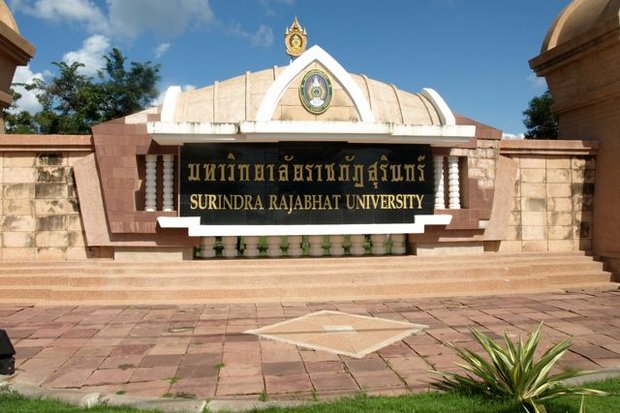
Prime Minister Prayut Chan-o-cha has invoked Section 44 of the interim constitution to tackle chronic problems in the country's tertiary education sector.
The invocation of the sweeping power by Gen Prayut, also head of the National Council for Peace and Order, was announced in the Royal Gazette Wednesday.
Under the order, the education minister will be able to set up a special committee consisting of five to 15 people to temporarily oversee any university experiencing internal conflict on its governing council, a lack of good governance, or operating programmes without proper permission.
The panel has power to investigate and end all activities undertaken by university council members and can also suspend the universities from recruiting new students.
The move came after the Ministry of Education found several private and public universities had become entangled with internal disputes over who had the right to be their rector.
The ministry is also concerned some were also providing sub-standard courses or having admitted students to programmes lacking proper permission, including enrolling too many students on certain programmes .
"In the past, the ministry did not have the power or legal authority to intervene in the power games of each university because each university had its own University Act that stems from the push for decentralisation," Education Minister Dapong Ratanasuwan said.
"But Section 44 now has given us the power, so from now on every problematic institute will have to adjust and improve," he added.
According to Mr Dapong, Surin Rajabhat University (SRU) and Chaiyaphum Rajabhat University (CRU) will be the first two institutes to be investigated by the ministry's special panel.
He added many more institutions had already been put on a waiting list for action.
"Recently, lecturers and students from various universities have petitioned the ministry to invoke Section 44 to solve problems on their councils. However, we have chosen to solve problems at the SRU and CRU first because their problems over the selection of rectors are the longest-standing conflicts," Mr Dapong said.
A source said that after investigating SRU and CRU, the special panel will move on to probe Burapha University, Kasetsart University, Rajamangala University of Technology Tawan-ok and Bangkokthonburi University (BTU).
"The process of choosing a new rector at the next four universities will be addressed, while BTU will be investigated for allegedly admitting a higher number of post-grad students onto its master's programme than permitted," the source said.
According to the Teachers' Council of Thailand, BTU, in 2014, recruited more than 2,500 students to its master's Educational Administration programme, but was permitted to accept only 500.
Kamjorn Tatiyakavee, the education permanent secretary, said problems within the tertiary sector have persisted for a long time and many universities ran graduate programmes without focusing on quality.
"To rein in the problems, the Office of the Higher Education Commission had proposed a Higher Education Bill, but the move was opposed by several higher-education institutes," he said.
Mr Kamjorn said a special law would be able to end these chronic problems.
Previously, the Education Ministry invoked Section 86 of the Private University Act to set up a panel to take control of the administration of Assumption University, widely known as Abac, to end a conflict over who its rector should be.